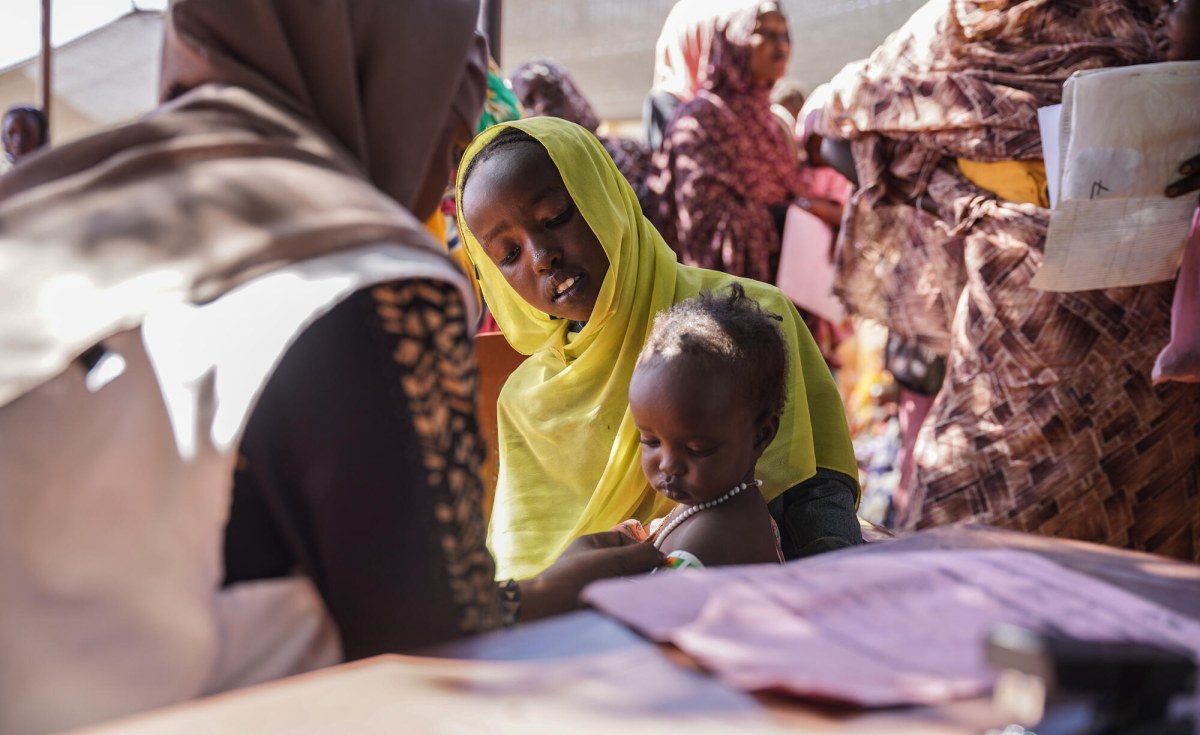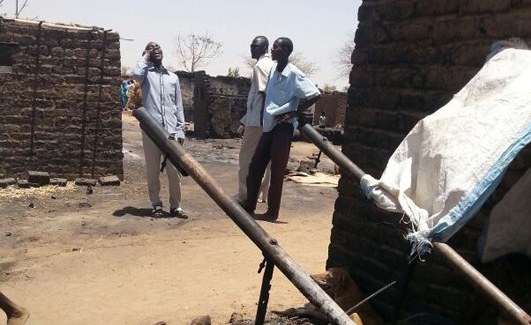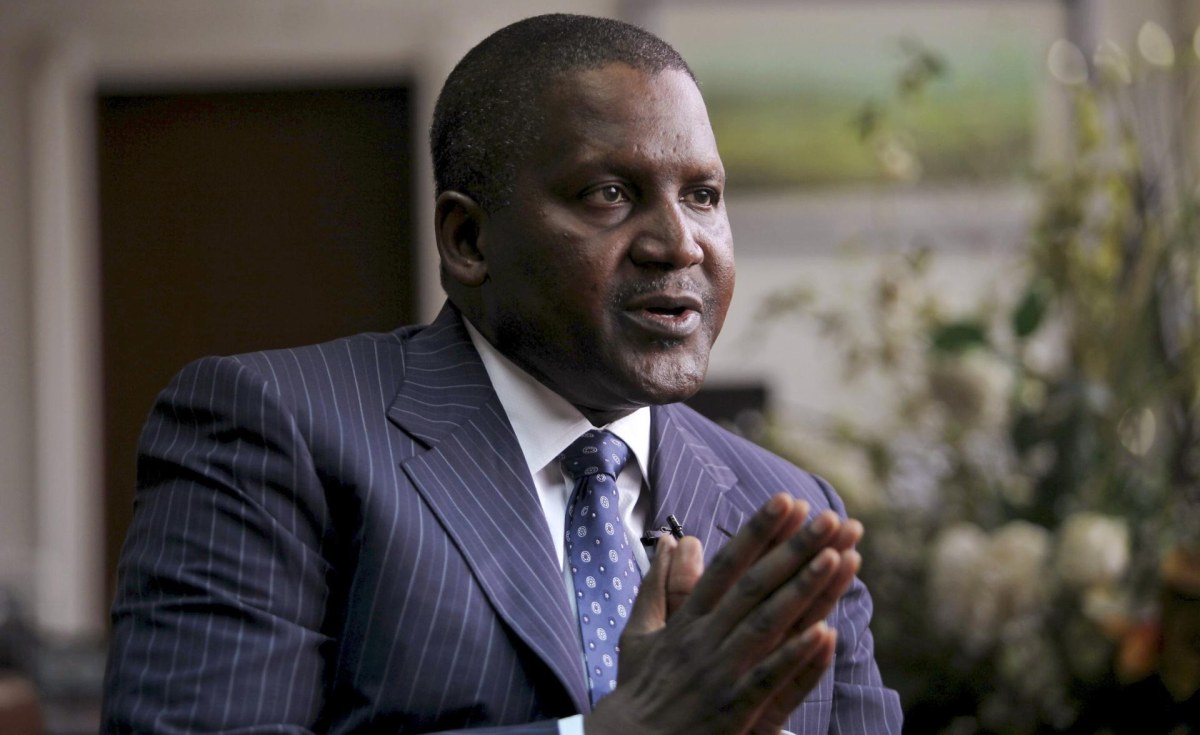The Ethiopian government declared a state of emergency – the first in nearly 25 years, as anti-government protests intensifies throughout Oromia regions after a stampede killed scores of people at a religious festival last week.
Ethiopia’s Prime Minister Hailemariam Desalegn had an emergency meeting with the Ethiopian cabinet on Saturday afternoon, and declared the state of emergency from October 08.
“A state of emergency has been declared because the situation posed a threat against the people of the country affecting the life of the nation in addition to the highly costly damage is properties”, Desalegn said on state-run television on Sunday.
Nearly 100 people died last week in Bishoftu, 42km from the capital while attending Irreecha, thanksgiving festival. Since then main regions of Oromia and surrounding towns of Addis Abeba have been in turmoil.
The state of emergency is said to restore order and prevent any threat against ‘public order’ after weeks of protests that have resulted damages to mostly foreign- owned factories and flower farms, which the government said reaches up to 55.
The violence has put a shadow over a nation where a state-led industrial drive has created one of Africa’s fastest growing economies, but where the government has also faced rising international criticism and popular opposition to its authoritarian approach to development.
A state of emergency inquiry board led by the prime minister is already in place and is expected to present a defence at the Parliament tomorrow. The state broadcaster said details of the state of emergency will be communicated to the public in the coming days.
“We put our citizens’ safety first. Besides, we want to put an end to the damage that is being carried out against infrastructure projects, education institutions, health centres, administration and justice buildings owned by foreign and local investors,” said Desalegn.
The decree will last for six months but it may be shortened depending on the improvement on the security front, the PM added.
A senior official has also said the government will now re organise security forces.
State of emergency is one of the decisive moments, which opens the door to possible abuses of human rights.
The Prime Minister said that rights of civilians and diplomatic immunity will be upheld however, the military will have the right to take measures if it sees threats.
The state of emergency is declared according to Ethiopian constitution Article 93. The constitution allows the Prime Minister to declare state of emergency for up to six months, but needs to present the bill to parliament in two weeks. Prime Minister Hailemariam is expected to table his declaration to Parliament in 10 days.
Ethiopia being a federal state, the power of the government to declare a state of emergency is vested both on the states government and the federal government.
The federal government can declare a state of emergency if the crisis is caused by external invasion, a breakdown of law and order which endangers the constitutional order and which cannot be controlled by the regular law enforcement agencies and personnel, a natural disaster or an epidemic, according to article 93 of the constitution.
The states can only declare a state-wide state of emergency if a natural disaster or epidemic occurs. The power to decree a state of emergency at the federal level is vested on the Council of Ministers subject to the approval of House of People’s Representatives (HPR). At the State level it is the state executives that have the power to declare a state of emergency.
The HPR by a two third majority have to approve the decree within 48hrs of the declaration of the state of emergency. If the HPR is not in session the decree will have to be approved within 15 days of its adoption. The period for the state of emergency is up to six months, with the possibility of renewal every four months by the HPR.
The Constitution provides for the establishment of state of emergency inquiry board, which has the power, among other things, to inspect and follow up all the measures taken during state of emergency and ensure the prosecution of perpetrators of inhuman acts.
This is highly commendable as it provides for a sort of checking mechanism against abuse, which will protect human rights in times of emergency.








